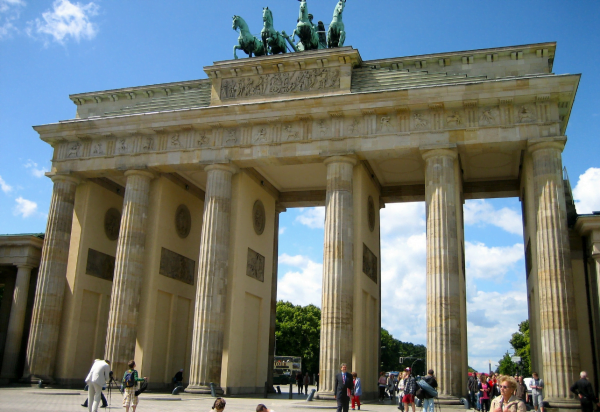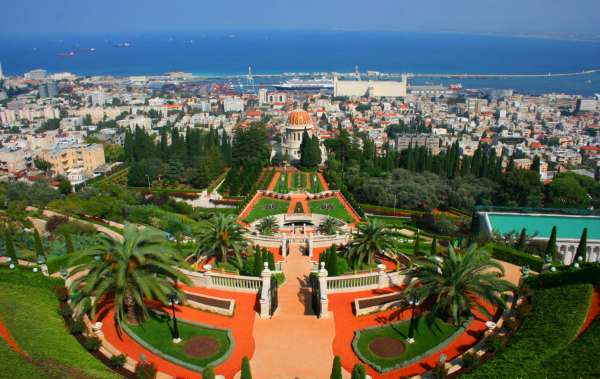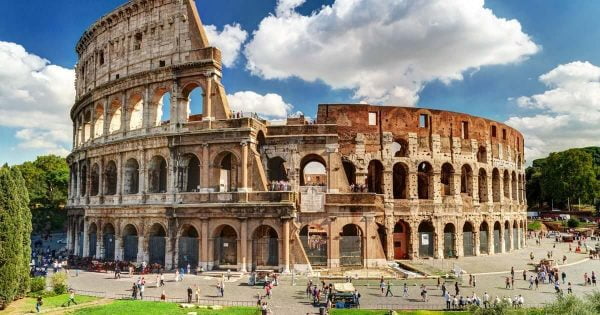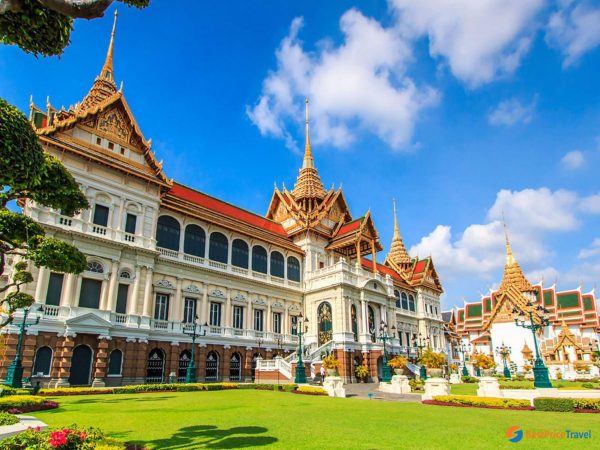ABOUT NEPHRECTOMY
A nephrectomy is a surgical procedure performed to remove part or all of one of the kidneys. The kidneys serve the function of filtering the blood to remove excess fluid and waste products by turning them into urine.
The procedure is performed to treat kidney cancer, kidney disease, Wilms’ tumor, and in some cases, as a result of a traumatic injury. In some cases a nephrectomy is performed on a patient who has chosen to donate their kidney, meaning a healthy kidney is removed and transplanted to a patient who needs a new kidney.
Before the doctor decides that a nephrectomy is the best method of treatment for the patient, a number of tests are performed such as an ultrasound scan, MRI (magnetic resonance imaging) scan, or CT (computerized tomography) scan to get a clear image of the condition of the kidney.
There are 2 different types of nephrectomy, a partial nephrectomy and a complete or complete/radical nephrectomy. A partial nephrectomy involves removing part of the kidney which is damaged or diseased and leaving the rest of the kidney in place. A complete nephrectomy involves removing the entire kidney and in some cases the surrounding lymph nodes and adrenal gland may also be removed.
The surgery can be performed as open or laparoscopic surgery, depending on the patient’s case. Laparoscopic nephrectomy is the preferred method of surgery where possible, as it is a minimally invasive procedure and therefore has a quicker recovery time than open surgery.
Recommended for
- Kidney cancer
- Kidney disease
- Wilms’ tumor
- Occasionally in cases of injury to the kidney
TIME REQUIREMENTS
- Number of days in hospital: 2 – 5 days.
Patients will usually be discharged around 2 days after laparoscopic surgery and up to 5 days after open surgery.
- Average length of stay abroad: 10 – 14 days.
Patients are prone to deep vein thrombosis after surgery therefore should wait up to 2 weeks to fly after the surgery.
- Number of trips abroad needed: 1.

COMPARE NEPHRECTOMY PRICES AROUND THE WORLD
| Country | Cost |
|---|---|
| United States | 61500€ |
| Turkey | 7890€ |
| India | 2503€ |
| Poland | 2344€ |
| Tunisia | 1075€ |
| Germany | 1525€ |
HOW TO FIND QUALITY TREATMENT ABROAD
BEFORE NEPHRECTOMY ABROAD
Once the appointment has been booked, patients will meet with the surgeon to discuss the surgery. The surgeon will have assessed the patient’s medical history and will discuss which type of pacemaker is best for the patient. Depending on how old the patient’s MRI or CT images are, the surgeon may order more images.
Patients are usually advised to refrain from eating and drinking in the hours preceding the surgery, in order to prepare for the general anesthetic.
HOW IS IT PERFORMED
Before the surgeon begins, the patient is administered with a general anesthetic. The incision size and location will depend on whether the surgery is being performed as open or laparoscopic surgery.
In performing open surgery, the surgeon will make a long incision either along the side or front of the abdomen. Once the incision has been made, the muscle beneath the skin is divided and the surgeon will then be able to access the kidney. The surgeon will then either partially or fully remove the kidney, depending on the patient’s case. Once removed, the surgeon will then close the incision site with sutures.
Laparoscopic surgery is performed by making several small incisions in the abdomen and inserting a laparoscope through one of the incisions. The laparoscope is fitted with a light and camera, which the surgeon uses to guide its way to the kidney. Surgical instruments are attached to the laparoscope via the other incisions and are used to remove either part or the entire kidney through the incision. Once removed, the surgeon will then remove the laparoscope and instruments and will close the incisions with sutures.
Anesthesia
General anesthetic.
Procedure duration
The Nephrectomy takes 2 to 4 hours.

WHAT TO EXPECT AFTER NEPHRECTOMY
Post procedure care
Patients will be instructed on how to keep the incision site clean, in order to prevent infection and are advised to avoid strenuous activity during the recovery process.
Patients will likely need to have annual blood and liver tests and in cases where part of the kidney was removed, imaging tests such as an MRI may need to be taken each year, to ensure the tumor has not returned.
Possible discomfort
Patients will experience some pain and discomfort around the incision site and will need to take it easy for the first few weeks after the surgery.
IMPORTANT THINGS TO KNOW ABOUT NEPHRECTOMY
Potential risks
- Bleeding
- Infection
- Adverse to the general anesthetic
- High blood pressure
- Scarring















